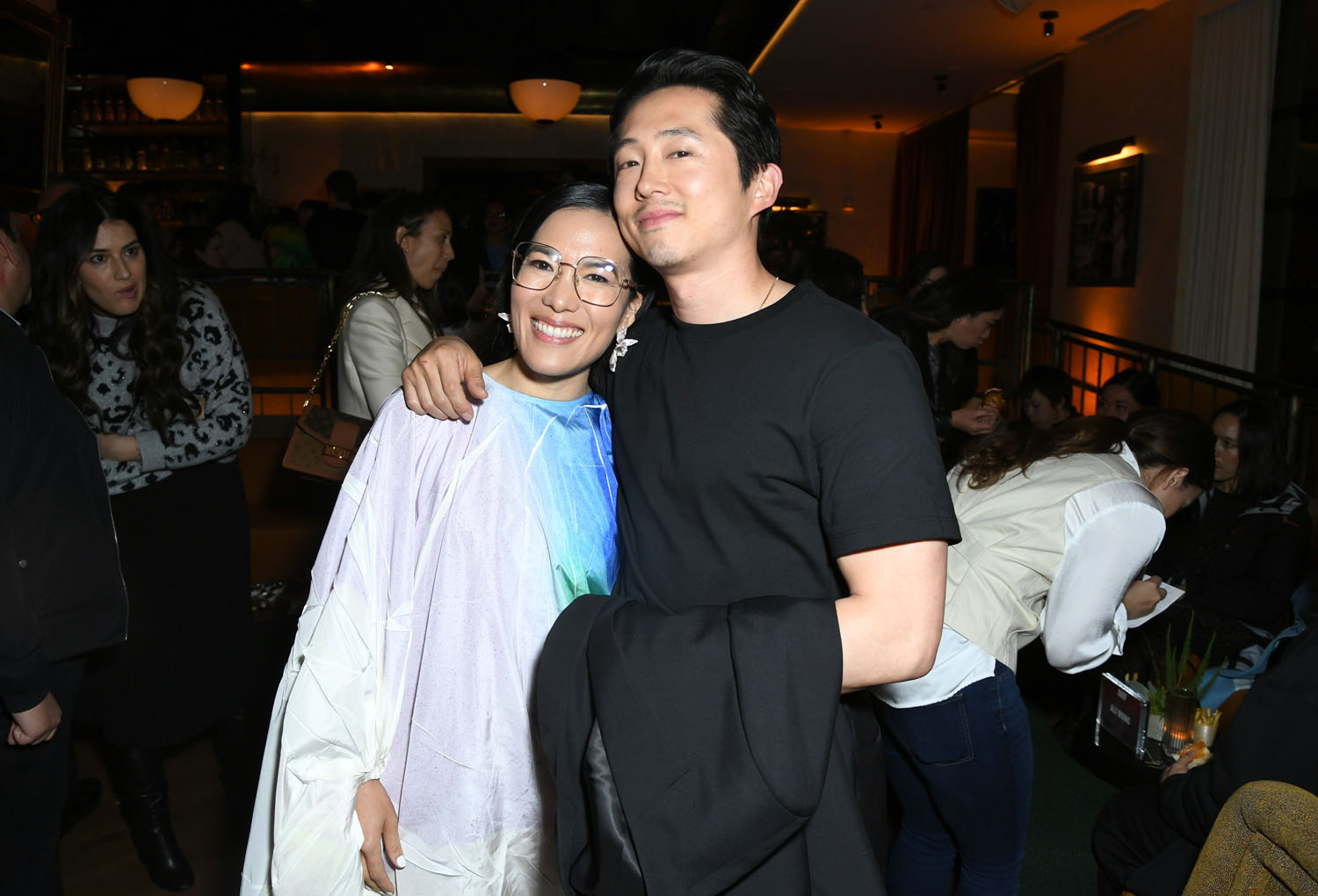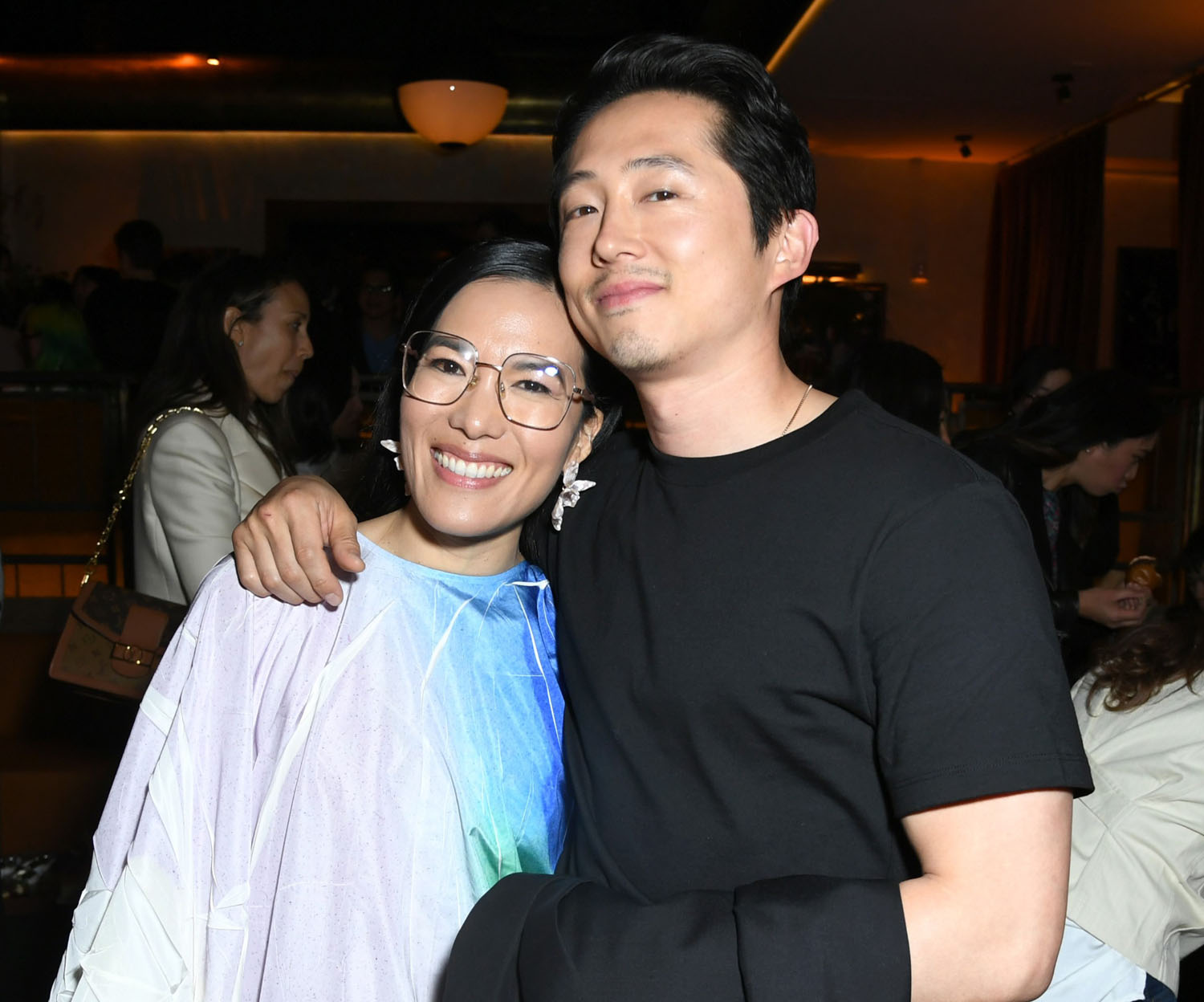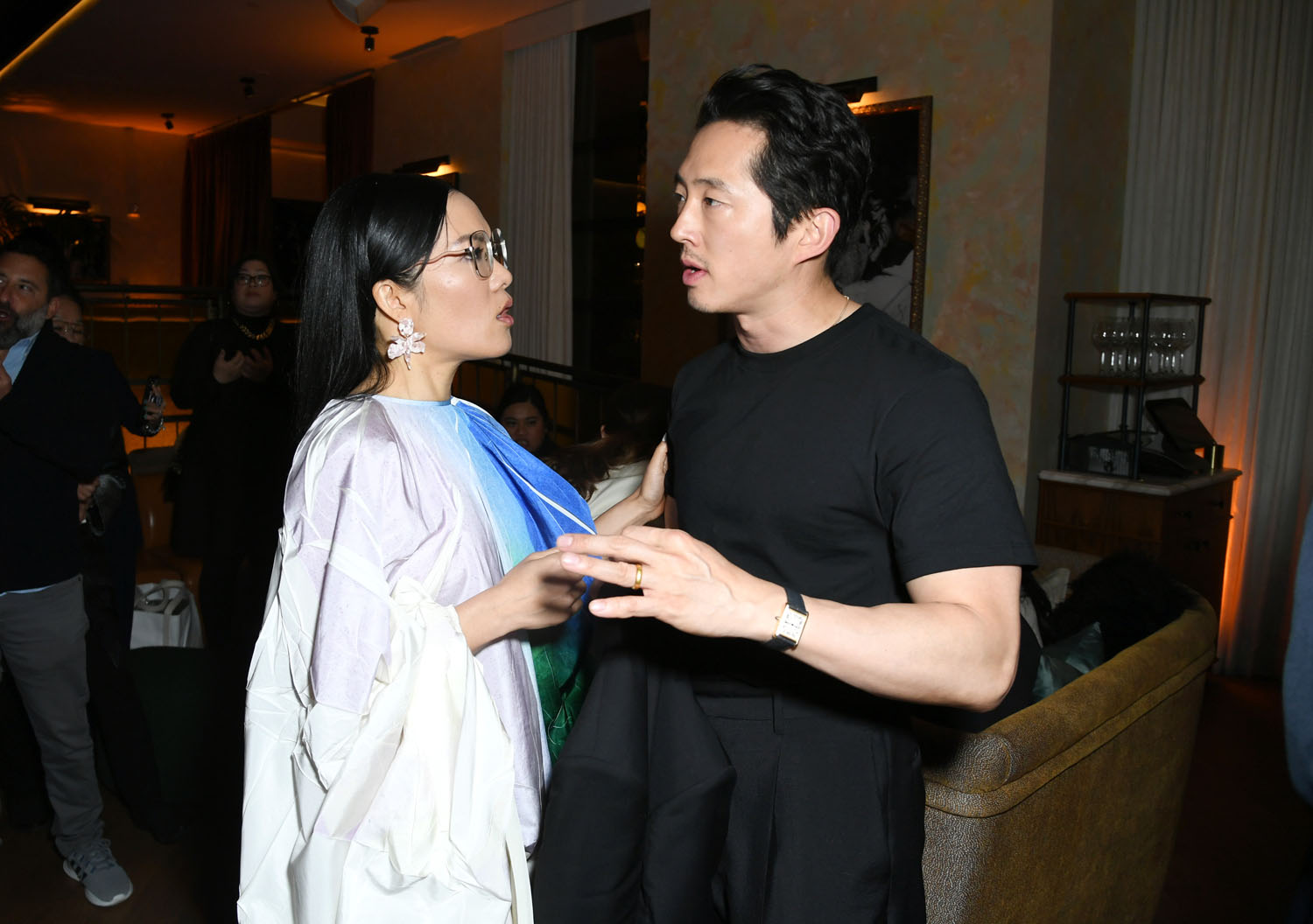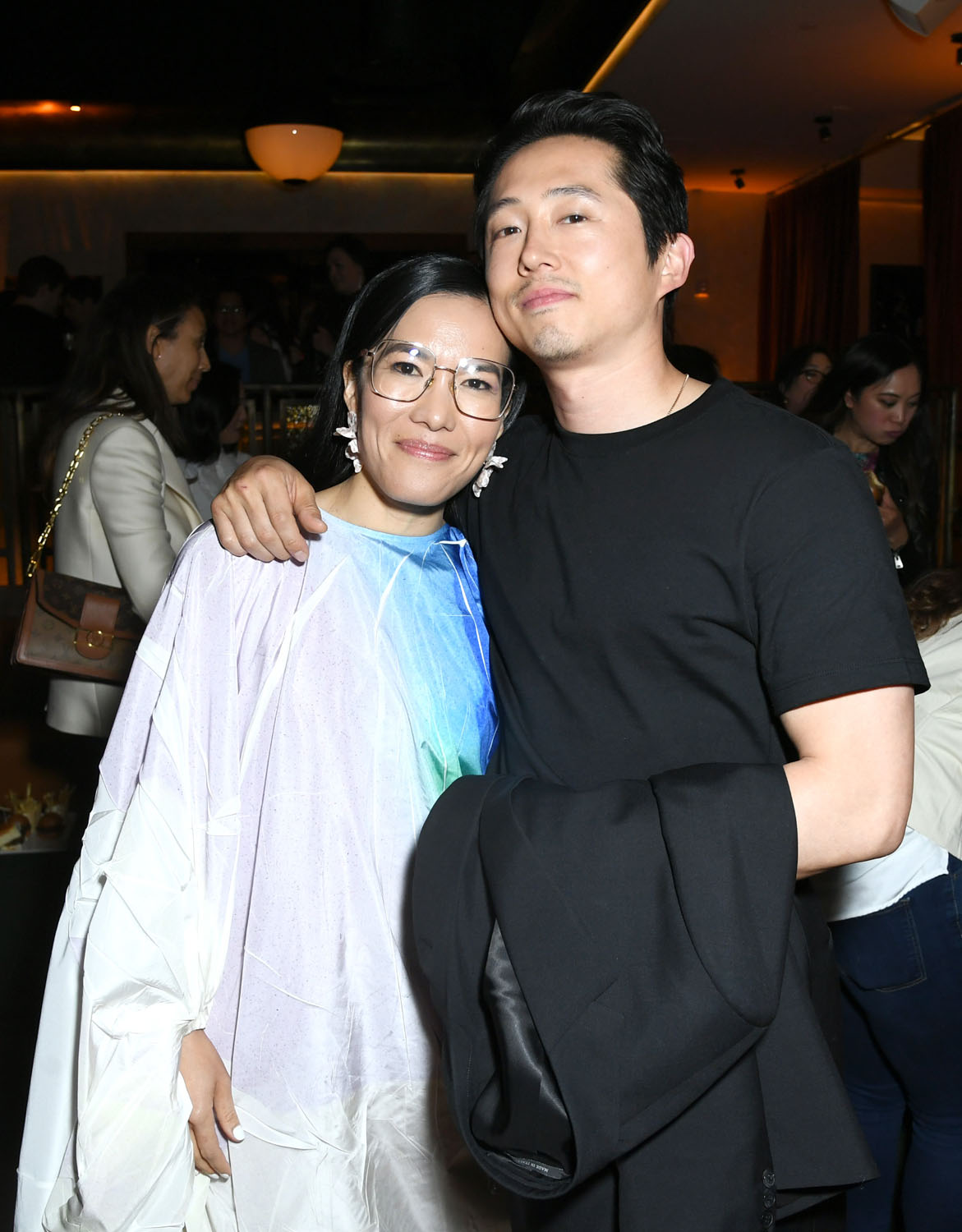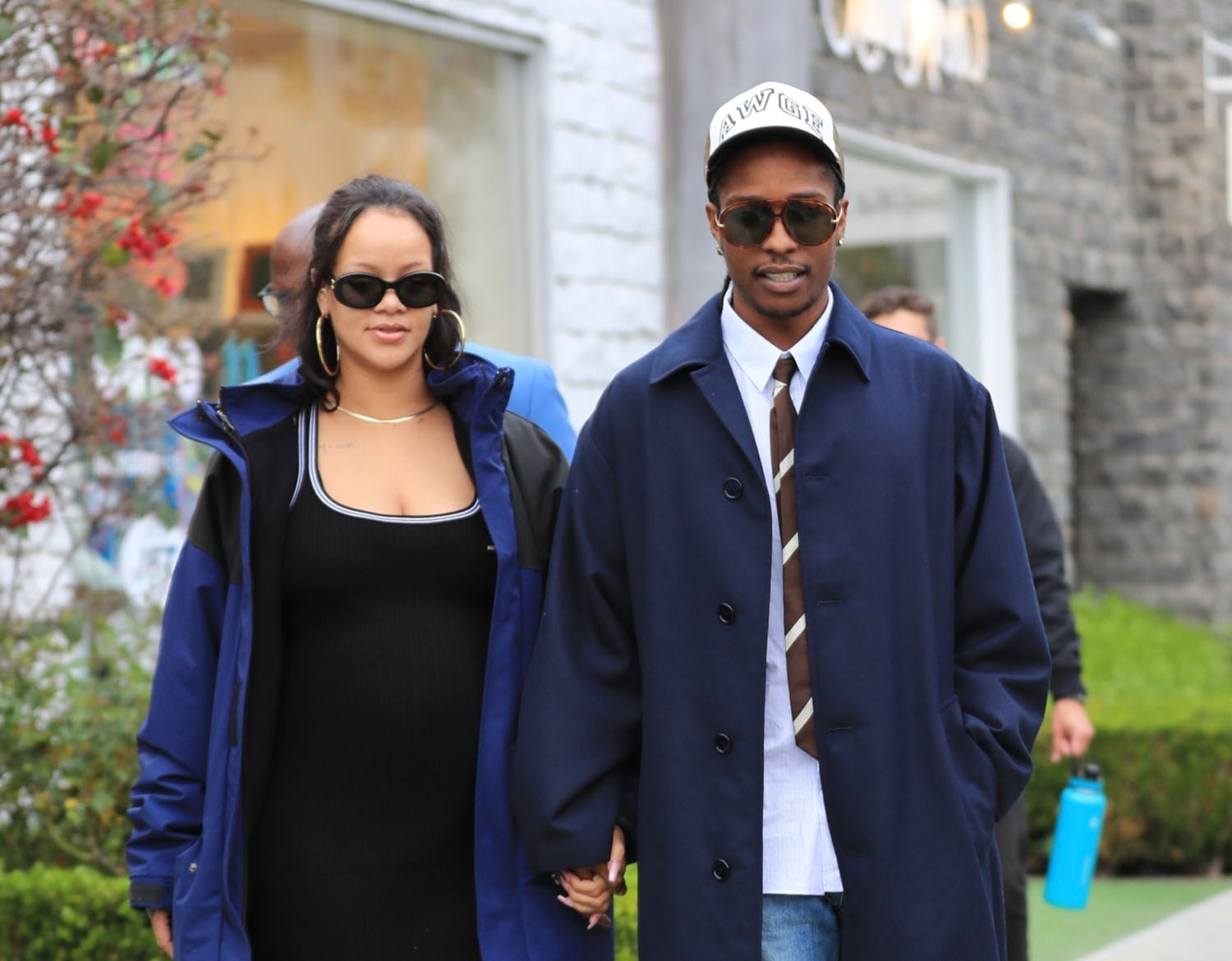Ali Wong and Steven Yeun in Beef


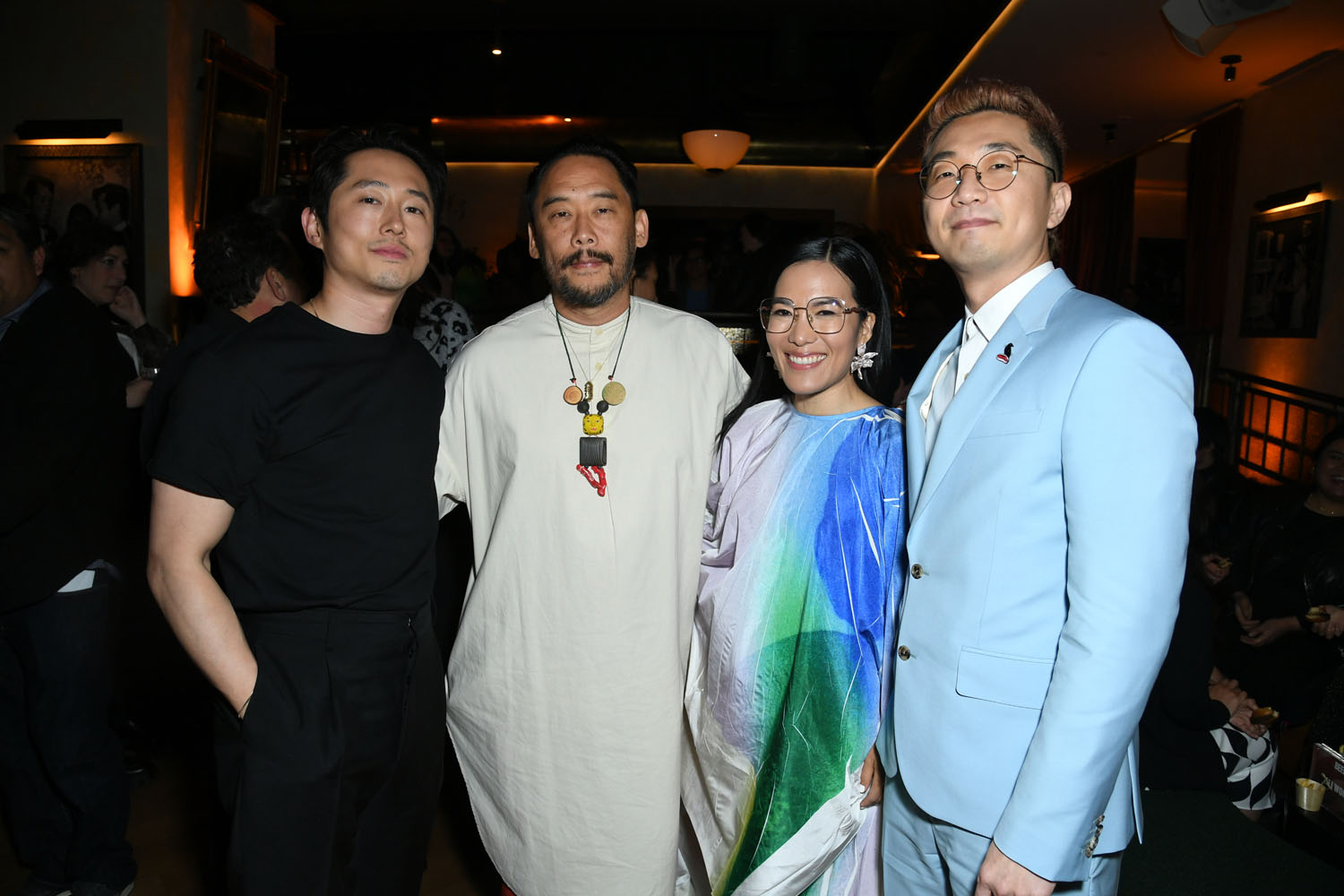
The outer limits of anger and identity are the meat and potatoes of Beef, Lee Sung Jin’s bold comedy-drama about road rage, family, and having it all. Co-produced by Netflix and cinematic tastemaker A24, Beef was created by Lee and directed by Lee, Jake Schreier, and Hikari (Lee and Schreier are reteaming for Marvel’s Thunderbolts, a considerably more interesting proposition after seeing Beef).
It centers on Amy (Ali Wong), a self-made woman on the brink of closing the deal of a lifetime, and Danny (Steven Yeun), a struggling contractor battling suicidal ideation. A chance encounter in a hardware store parking lot leads to a chase through the streets of suburban Los Angeles, and then into a spiral of mutually assured destruction that threatens everything Amy and Danny have, or have not yet, built for themselves.
Lee has a long history writing comedy for television, including writing for shows such as Tuca & Bertie, Dave, Silicon Valley, 2 Broke Girls, and, most notably, comedy stalwart It’s Always Sunny in Philadelphia. As high-minded as Beef is at times, there is a strain of Sunny’s DNA in it—this series could easily be called “The Gang Takes Things Way, WAY Too Far”—particularly in watching how much lower people can go when they’re already scraping the bottom of the morality barrel. Beef is very funny, and the ten episodes range from 30-40 minutes, adhering to a typical comedy structure and momentum, but Lee digs under the surface of the inciting incident to plumb the depths of truly miserable people and find the heart and humanity that survives the crushing expectations of modern life in America, particularly in the Asian-American community.
Amy is trying to “have it all” and suffocating under the weight of expectations. Her husband, George (Joseph Lee), is very handsome and very supportive, practically raising their daughter, June (Remy Holt), while Amy builds her business as a “plantfluencer”. Amy is self-made, rising up the socio-economic ladder from humble beginnings, but George is a nepo baby, a ceramicist and the son of a famous artist (which Amy’s mother-in-law will never let her forget). He’s imperturbable and annoyingly chill, until Amy’s increasingly awful life choices eventually catch up with her. Wong is outstanding as Amy, playing her with a brittle, jaw-clenching fury, a woman unable to express the full range of her feelings or admit how hollow her success, even her family, have left her.
Meanwhile, Danny’s contracting business is failing, and a youthful mistake resulted in his parents being deported back to Korea. He’s just trying to get it together enough to bring them back to the US, but Danny is one of those guys for whom literally nothing ever goes right. His camel’s back was broken so long ago, that poor thing has been scooting across the ground for years. There is slightly more empathy for Danny in the show, if only because of the natural inclination to dismiss rich people’s problems as, well, rich people’s problems, while Danny is drowning in a sea of late capitalistic exploitation and outsize expectations.
But the humanity of Beef is in finding the common ground between Amy and Danny. Partly it is that they are both members of the Asian-American community, and deal with similar obligations and expectations, not to mention generational traumas. But it’s also that neither of them has a productive outlet for their negative feelings, and their chance parking lot encounter gives them both a release valve for the pressure consuming them. The first time Amy and Danny meet in person is electric, and every time thereafter that they physically cross paths, sparks fly. Oh, sure, there’s a knife’s edge chemistry between them and a sense that in another world, they just have an affair and settle things that way, but in Beef the charge is only sexual in the way that a really good screaming match is viscerally satisfying.
The story never lets them off the hook, though, even as we understand more and more the forces driving them. That is Beef’s best parlor trick, making us care about Amy and Danny even as we understand they are 100% in the wrong and behaving like complete lunatics. There’s no question this is all too much, and they are earning the destruction of their lives and livelihoods by taking their feud WAY too far, but sympathy is woven deeply into the show. They are only human, and being human is hard, and if it was even a little bit easier for just one of them, probably none of this happens. But life crushes everyone, and Amy and Danny are not special.
The surreal turn of the final episode—written and directed by Lee—might turn some viewers off, but it facilitates a necessary resolution between Amy and Danny. Their struggles are not the same, but common ground has been visible the whole time, and their final confrontation reveals the depths of their loathing and their understanding. Beef is a portrait of struggle and success that delineates very little difference between the two, particularly as depression plays a role in people’s lives. It’s funny and angry and tragic, but also hopeful that even at our worst, we can still find our best selves, even if we’re not yet ready to be that person.
Beef is now streaming all episodes on Netflix.
https://www.youtube.com/watch?v=AFPIMHBzGDs

